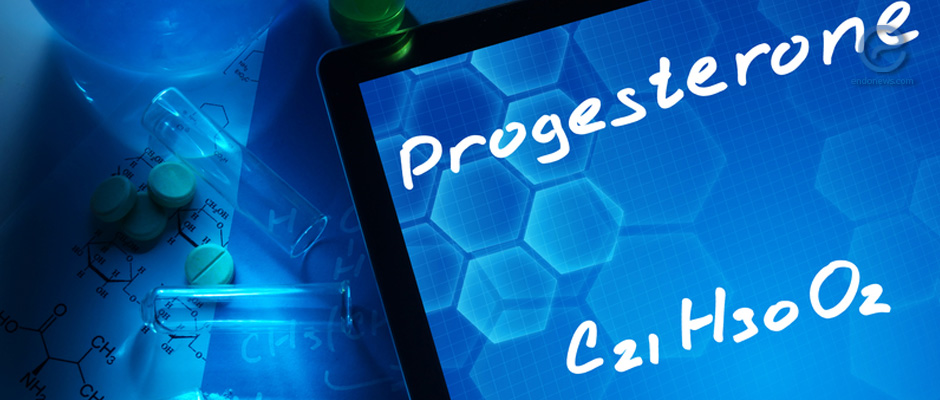Dienogest for endometriosis pain in clinical practice
Jul 9, 2017
Dienogest effectivity for endometriosis pain
Key Points
Highlight:
- Dienogest is an effective treatment for endometriosis-related pain.
Importance:
- Dienogest administered at 2 mg is well tolerated and effective for endometriosis-related pain in routine clinical practice.
What's done here:
- An observational and single-center study in women with endometriosis who had been taking Dienogest 2 mg once daily between September 2013 to September 2014 to reduce associated pain. Women eligible had a surgical diagnosis of endometriosis
Data:
- The authors assessed pelvic pain using visual analog scale (VAS). Baseline means pelvic pain VAS score was 8.9. Baseline VAS for dyspareunia and dyschezia were 6.7 and 5.7, respectively.
- The VAS scores progressively decreased to 0.9 for pelvic pain, 1.4 for dyspareunia and 0.2 for dyschezia, respectively, 12 months after the start of treatment.
Limitations:
- Observational and single center study with no control group and did not assess if Dienogest is superior to other currently marketed drugs.
- The study did not consider dysmenorrhea.
- The study has not considered confounding factors e.g., anxiety and depression which has been shown to be associated with pain.
Lay Summary
Dienogest is a synthetic progestogen that has been marketed as a medical treatment for endometriosis. Previous randomized controlled clinical trials have shown that it is effective in women with endometriosis at different stages of the disease. Given its recent introduction, more reports on its effectiveness in routine clinical practice will be useful.
Maiorana et al reported an observational, single-center, cohort study in the medical journal Archives of Gynecology and Obstetrics, where the authors examined the efficacy and tolerability of Dienogest in women with endometriosis under routine clinical care. Eligible women were diagnosed with endometriosis surgically dating back
The endometriosis-associated pain was scored using VAS. The baseline VAS pelvic pain, dyspareunia, and dyschezia were 8.9, 6.7 and 5.7, respectively. At 12 months after the start of treatment, the mean VAS scores progressively and significantly decreased to 0.9 for pelvic pain, 1.4 for dyspareunia and 0.2 for dyschezia, respectively. Hence, this study suggests a positive use of Dienogest in clinical practice. This finding confirms the effect of Dienogest reported by previous clinical trials and by other investigators and highlighted the efficacy of Dienogest 2 mg in routine clinical practice in the treatment of painful endometriosis.
Some limitations of the study must be considered. As this is an observational study, the authors cannot conclude whether Dienogest is superior to other marketed drugs for endometriosis such as GnRH releasing agonists or oral contraceptive. The study also lacks consideration regarding dysmenorrhea and other confounding factors e.g., anxiety and depression which are known to be related to pain. Furthermore, interruption due to the adverse event from Dienogest was 15.9%, and about 60% women completed the study experienced at least one adverse event and 25% more than one. Vaginal bleeding was the most common adverse event. In conclusion, Dienogest administered at 2 mg is well tolerated and effective in clinical practice.
Research Source: https://www.ncbi.nlm.nih.gov/pubmed/28664483
drug endometriosis pain progesterone VAS score dyspareunia dyschezia anxiety depression dysmenorrhea

